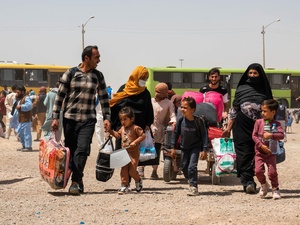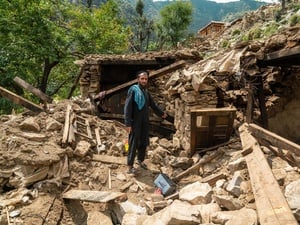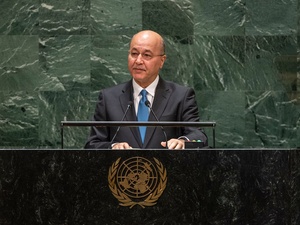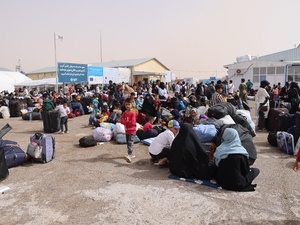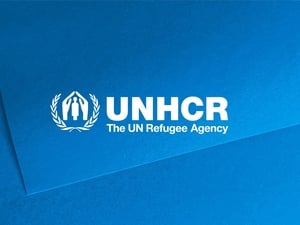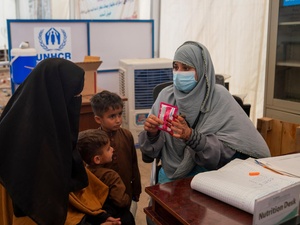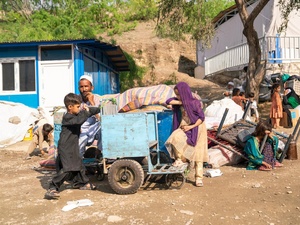Iraq: Iranians await return green light
Iraq: Iranians await return green light
Up to 1,000 Iranians who left their long-time refugee settlements in eastern Iraq because of security problems and incidents of looting in late April remain encamped in makeshift border sites, waiting for the green light from the Iranian government to cross homewards. Over 4,500 of the 23,000 Iranian refugees residing in Iraq had previously been cleared by the Tehran government to return home. Some of them are among those waiting at the border. We have asked the Islamic Republic of Iran to permit these anxious refugees to cross homewards as soon as possible.
While we are awaiting a definitive reply from Tehran on when they will be allowed to re-enter Iran, there are indications following discussions this morning with BAFIA, Iran's refugee agency, that Tehran may repatriate these refugees later this week. Our staff based in Basra, in southern Iraq, are on stand-by to help assist this return movement. Many Iranian refugees fled their settlements when law and order broke down in early April. They report that local Iraqis looted some of their belongings and confiscated food and farmland. Others say that they went to the border when they heard reports broadcast over Iranian radio that Tehran had opened its frontier with Iraq.
The largest group waiting to go home are the more than 500 Iranians encamped at the Al Charani (Bazirghan) border crossing, 240 km north of Basra. This group was initially larger, but hundreds of Iranians went back to their settlements when they were refused entry. Nineteen Iranians are at the Shiramsheh border crossing, while a group of 80 Iranians who fled their refugee settlements elsewhere in southern Iraq are sheltered at a transit centre on the outskirts of Basra also hoping to return to their homeland.
In another development, UNHCR teams have visited Iranian refugee settlements at Al Kut and Dujaila, in eastern Iraq. Food supplies have dwindled in the area, and water sources are apparently polluted. When we went to Dujaila on Friday, we found 40 refugees suffering from diarrhoea in the settlement's health centre. We've arranged for a local contractor to undertake repairs to the water system, and WHO is providing several health kits.
A UNHCR team visited Al Kut yesterday (Monday) to deliver a letter from Shia leader Grand Ayatollah Ali Sistani to his local representative, seeking to reduce tensions among local Iraqi tribes towards the more than 6,000 Iranian refugees settled in that area. UNHCR staff had met with the Grand Ayatollah in Najaf last week to raise our concerns about the security situation facing Iranians in eastern Iraq.


